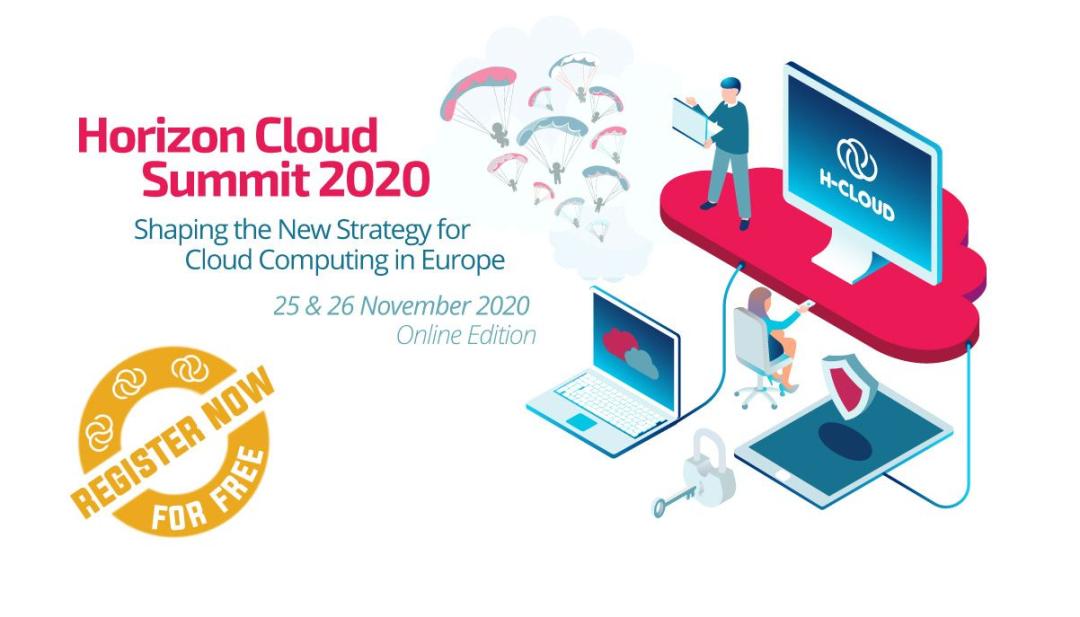Cloud computing is a megatrend that is a key enabler for data-driven innovation. It is expected to bring enormous benefits for citizens as stated in the recent EC Communication on Shaping Europe’s digital future. It is acknowledged that coordinated efforts are necessary at the European level to make sure that innovation can ultimately make a difference to industry, public administration and eventually society at large.
In this context, the European Commission is actively setting priorities for the upcoming Multiannual Financial Framework of the European Union covering the 2021-2027 period. Among the different identified priorities, “A Europe fit for the digital age” explicitly supports digitalisation. Cloud computing, as a fundamental brick of a digital Europe, will play an even stronger role in European economy and society by embracing core European values, spanning fundamental individual rights to market openness and environmental friendliness.
The European Commission tasked the H-CLOUD project, started in early 2020, to lead the coordination and support activities for the consolidation and growth of the Cloud Computing research and innovation community in Europe, bringing together innovators, policy makers, cloud computing research, industry and users into an open, participatory and sustainable forum.
To this purpose H-CLOUD just released the “Cloud Computing in Europe. Landscape Analysis, Adoption Challenges and Future Research and Innovation Opportunities” Green Paper available for consultation here.
The H-CLOUD Summit, a 2-day online event on 25-26 November 2020, aims at opening the discussion to a wide audience and gather further inputs and feedback from experts, policy makers, industry and SMEs through panel discussions and thematic workshops. The registration to the event, free of charge, is currently open. It’s a unique opportunity to hear and discuss with European Commission officers and cloud computing experts, such as Andreas Weiss, EuroCloud Deutschland - Gaia-X; Ana Juan Ferrer, ATOS; Mark Lange, Microsoft; Gianluca Granero, Cubbit; Simon Hinterholzer, Borderstep Institute and many more.
